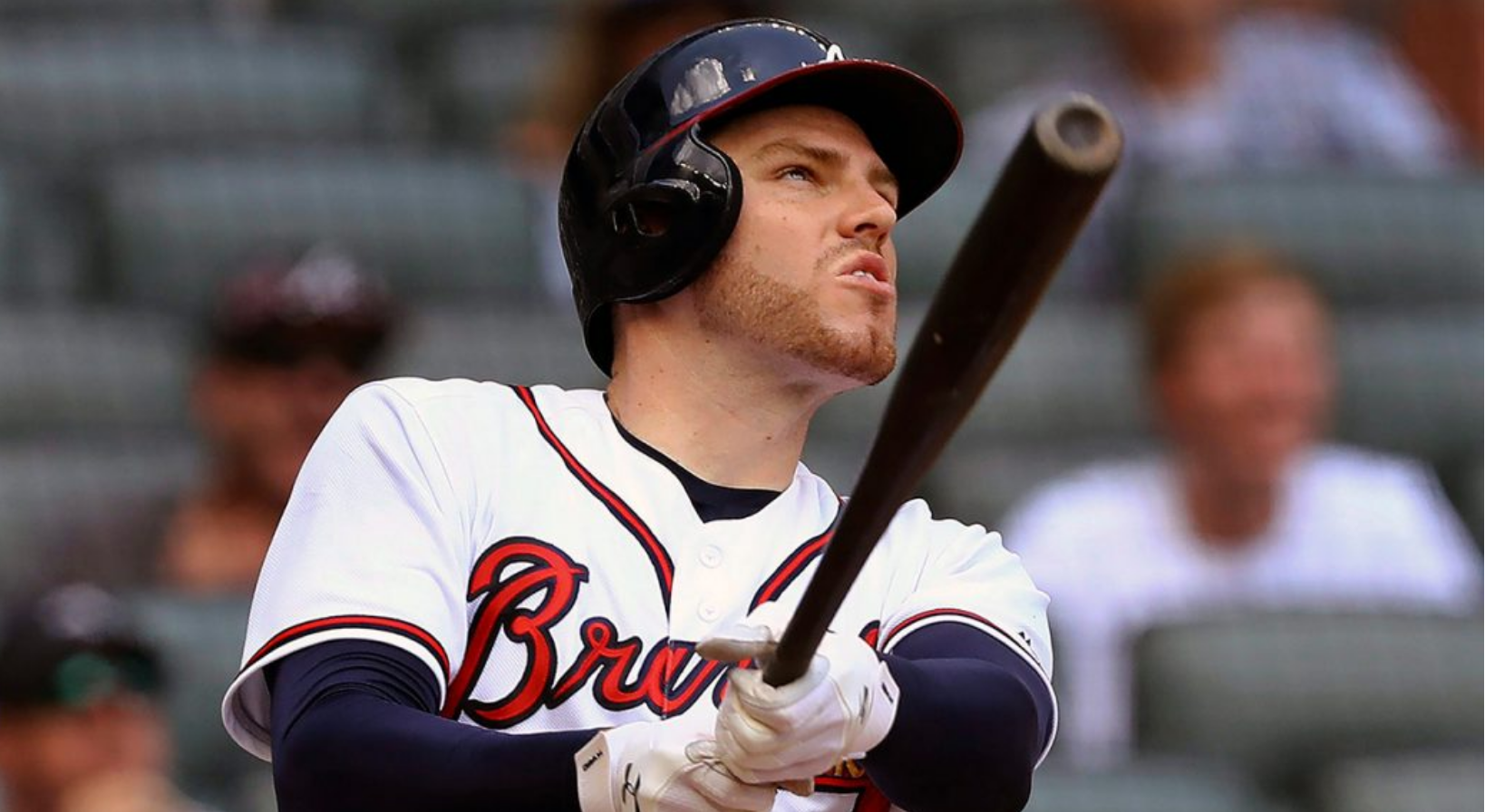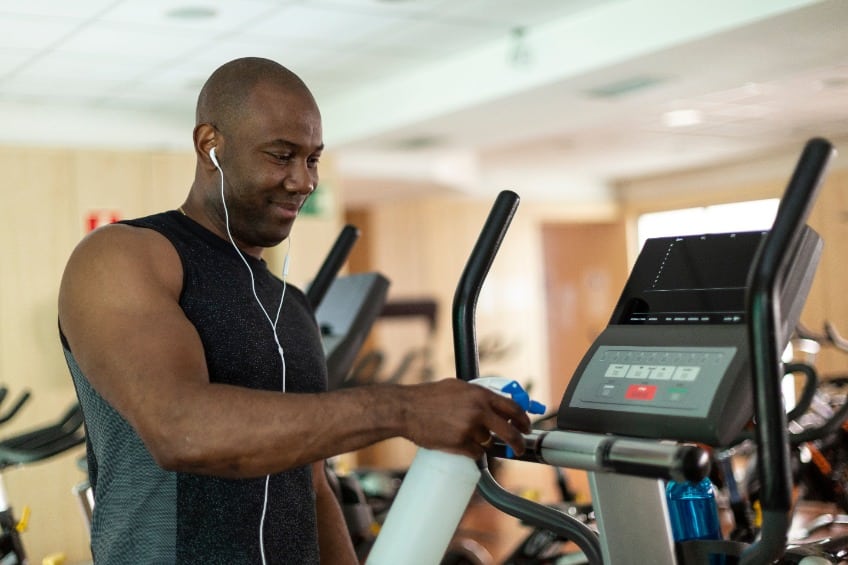By Sean Zucker –
Two weeks ago, Atlanta Braves’ first baseman Freddie Freeman revealed he contracted COVID-19 early in July. The All Star’s statements brought a lot of issues into frightening focus that went beyond simply whether MLB’s shortened season could outrun the pandemic. It highlighted two generally misunderstood or misrepresented COVID-19 consequences: who is at risk and the emotional impact of this unrelenting virus.
“I spiked to 104.5 fever,” Freeman recently told reporters, “I said a little prayer that night. I’ve never been that hot before. My body was really, really hot. So, I said ‘Please don’t take me.’ I wasn’t ready. It got a little worrisome for me that night.” The four-time All-Star continued to explain he was genuinely pleading with God for his life. The statements, while obviously haunting, highlight the mental toll coronavirus can have on victims.
Similar concerns were promoted by another public figure, CNN’s Chris Cuomo, a couple months ago when he was in the midst of COVID-19 infection. “I hope by now you are aware that this virus is attacking our body completely. And that includes our minds, our emotions, every bit as it does any other organ and system in the body,” Cuomo warned on his April 28th broadcast of Cuomo Prime Time. “Health care workers, especially the ones on the front lines, they’re feeling this more than most. Distress calls are up. We see it in the data. People are being killed from the mental and emotional toll.”
Celebrities aren’t the only ones warning about these underrepresented consequences. The CDC is also flagging the overlooked twin dangers of COVID-19: stress and anxiety. The public health institute explains that outbreaks can be overwhelming and cause strong emotions in adults and children alike. It warns that even highly prescribed preventive measures, such as social distancing, can take an emotional toll, making people feel isolated and lonely, while increasing their stress and anxiety. The physical byproduct of these emotions can lead to sleeping or eating problems, difficulty concentrating, worsening of chronic health problems and increased use of alcohol and drugs.
Months into the COVID-19 battle, academia is beginning to quantify its emotional impact with some success. A Vanderbilt University survey recently found that 27 percent of parents felt like their own mental health had worsened during the crisis while 14 percent saw negative changes in their kids.
Freeman’s well-publicized bout went on to dispel another larger and perhaps more dangerous COVID-19 misconception–that young and healthy people are not at risk.
Freddie Freeman is merely 30 years old, a four-time All-Star who set career highs with 38 home runs and 121 RBIs in 2019 to help Atlanta win its second straight NL East title. He even picked up a Silver Slugger Award along the way. To say he is young and healthy is an understatement.
He noted as much to those same reporters. “To be honest, I rarely ever get sick. I can’t remember the last time I ever had a fever… I’ve never had a 104.5 fever before. It hit me hard.”
The University of California, San Francisco amplified his warning to the young earlier this month in a study that found 1 in 3 young adults may face severe COVID-19 symptoms. The study looked at data drawn from a nationally representative sample of approximately 8,400 men and women ages 18 to 25 and concluded that overall medical vulnerability from the coronavirus was 33 percent for men and 30 percent for women. The study also claimed smokers were more vulnerable to severe symptoms.
Freeman’s bout coupled with the research that underscores the vulnerability of young adults calls into question the wisdom of reopening any professional sports leagues during a pandemic. This is especially true for Major League Baseball, even with its 60-game shortened season because it demands more travel and potentially wider personnel interaction that rebooting the NBA and NHL. Less than a week into the season, in fact, several MLB games involving three teams were postponed because more than 15 Miami Marlins tested positive for COVID-19.
COVID-19 obviously knows no bounds in terms of age, physical condition or profession.










